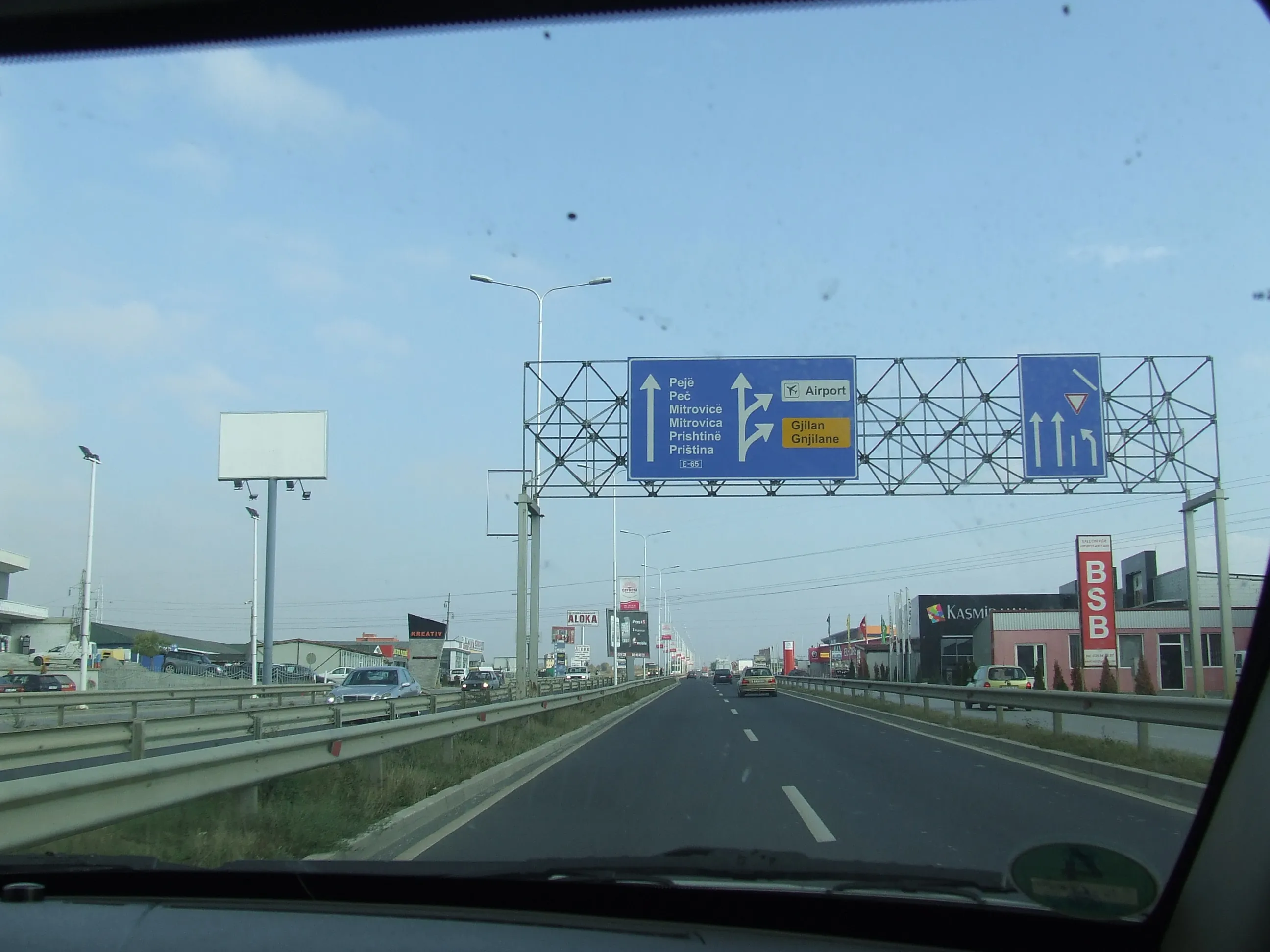The European Bank for Reconstruction and Development (EBRD) has granted a US$198million (€150million) sovereign-guaranteed loan for the construction of part of the new Banja Luka-Doboj motorway in Bosnia and Herzegovina. The loan-targeted motorway section is the main east-west link in Republika Srpska, one of the country’s entities. The EBRD said it will also support the preparation of the first public-private partnership (PPP) project for the main north-south link in Bosnia and Herzegovina, Doboj to Vukosa
April 27, 2012
Read time: 2 mins
The 1166 European Bank for Reconstruction and Development (EBRD) has granted a US$198million (€150million) sovereign-guaranteed loan for the construction of part of the new Banja Luka-Doboj motorway in Bosnia and Herzegovina.
The loan-targeted motorway section is the main east-west link in Republika Srpska, one of the country’s entities.
The EBRD said it will also support the preparation of the first public-private partnership (PPP) project for the main north-south link in Bosnia and Herzegovina, Doboj to Vukosavlje segment of Corridor Vc.
The Banja Luka to Doboj motorway is a 75km road linking Banja Luka to the new Corridor Vc motorway at Doboj. The EBRD loan will be used to finance the construction of the eastern segment of the motorway, from Prnjavor to Corridor Vc at Doboj, with a total length of 37km.
The loan has a maturity of 15 years and is structured in two equal tranches. The project is supported by technical assistance grants provided by the Bank and Western Balkans Investment Fund. The western segment of the motorway, from Banja Luka to Prnjavor, is expected to be financed by the1054 European Investment Bank.
The project will lead to the introduction of and private sector participation in toll collection. Additionally, through this investment the EBRD will support the tendering of PPP contract for the Doboj to Vukosavlje section of Corridor Vc in Republika Srpska. The project is expected to be one of the first road PPPs to be developed according to best international standards in Western Balkans.
“Modern infrastructure is imperative for the economic growth and regional integration of Bosnia and Herzegovina and the EBRD is firmly committed to support the development of reliable transport network in the country and the neighbouring region,” said Sue Barret, EBRD transport director.
Since the beginning of its initiatives in Bosnia and Herzegovina, the EBRD has committed over US$1.7billion (€1.3billion) in various sectors of the country’s economy, mobilising additional investment of more than US$2.1billion (€1.6billion).
The loan-targeted motorway section is the main east-west link in Republika Srpska, one of the country’s entities.
The EBRD said it will also support the preparation of the first public-private partnership (PPP) project for the main north-south link in Bosnia and Herzegovina, Doboj to Vukosavlje segment of Corridor Vc.
The Banja Luka to Doboj motorway is a 75km road linking Banja Luka to the new Corridor Vc motorway at Doboj. The EBRD loan will be used to finance the construction of the eastern segment of the motorway, from Prnjavor to Corridor Vc at Doboj, with a total length of 37km.
The loan has a maturity of 15 years and is structured in two equal tranches. The project is supported by technical assistance grants provided by the Bank and Western Balkans Investment Fund. The western segment of the motorway, from Banja Luka to Prnjavor, is expected to be financed by the
The project will lead to the introduction of and private sector participation in toll collection. Additionally, through this investment the EBRD will support the tendering of PPP contract for the Doboj to Vukosavlje section of Corridor Vc in Republika Srpska. The project is expected to be one of the first road PPPs to be developed according to best international standards in Western Balkans.
“Modern infrastructure is imperative for the economic growth and regional integration of Bosnia and Herzegovina and the EBRD is firmly committed to support the development of reliable transport network in the country and the neighbouring region,” said Sue Barret, EBRD transport director.
Since the beginning of its initiatives in Bosnia and Herzegovina, the EBRD has committed over US$1.7billion (€1.3billion) in various sectors of the country’s economy, mobilising additional investment of more than US$2.1billion (€1.6billion).








